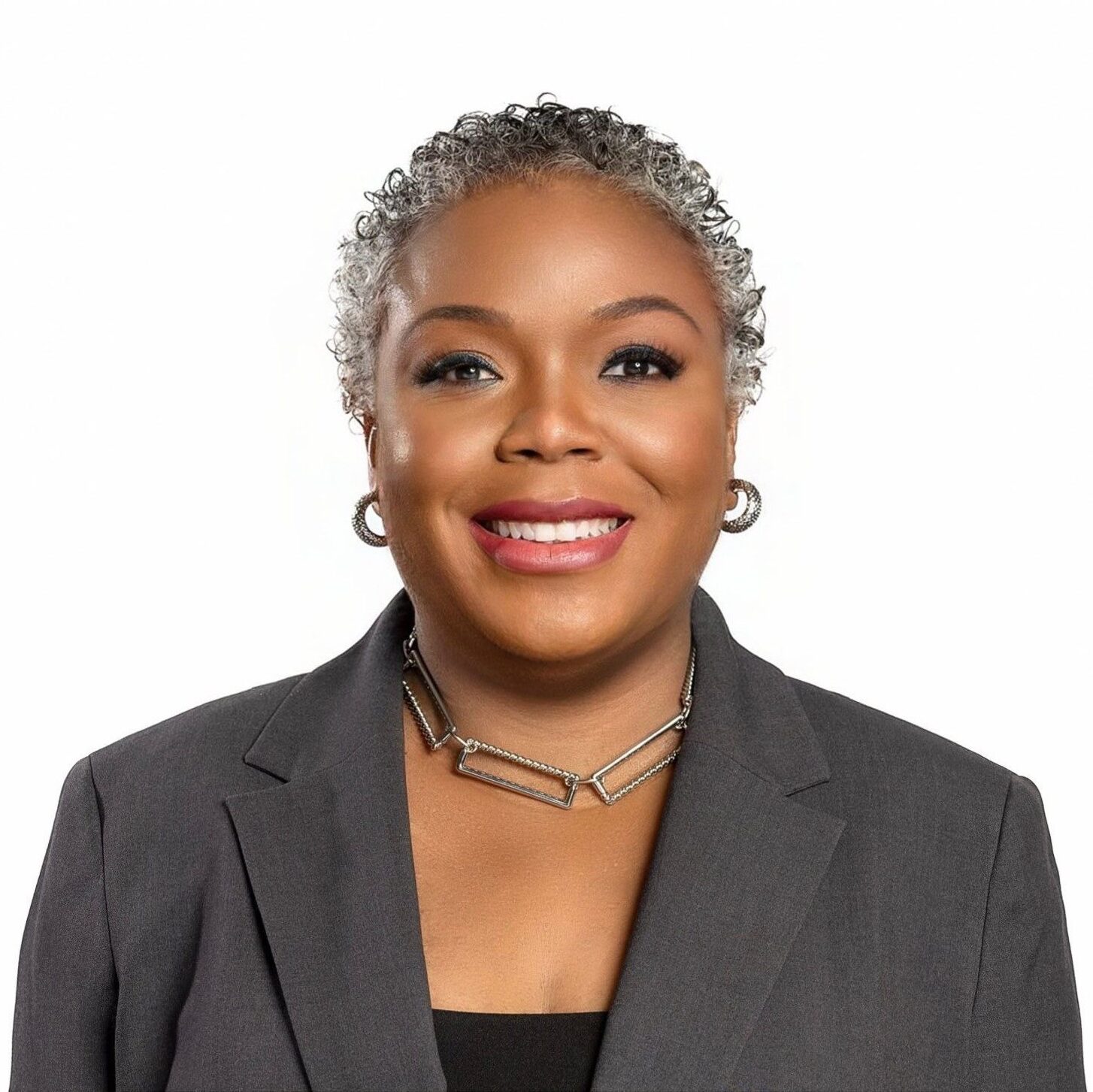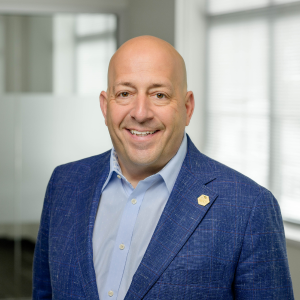How One Assisted Living Franchise Finds Opportunity to Thrive
While many industries are impacted by changing economical conditions, the senior care industry remains resilient and is poised for tremendous growth in the coming decade. According to the United States Census Bureau, the baby boomer generation consists of about 70 million people, and by 2030, all baby boomers will be at least 65 years old. Pair that with the fact that the Urban Institute estimates that 70% of adults who live to age 65 will develop severe need for long-term services and support, and it’s easy to see the increased demand for services that the coming years will bring.
The Avendelle Assisted Living Franchise sees the growing senior care industry as a valuable opportunity, and has worked to meet the rising demand for care. Esther Cromwell, founder and CEO of Avendelle Assisted Living Franchise, spoke with I Advance Senior Care and shared how the franchise is making the most of the opportunity.
The Senior Care Industry’s Unique Growth Opportunities

Esther Cromwell, founder and CEO of Avendelle Assisted Living Franchise
“The senior care industry is rapidly evolving, driven by demographic shifts and advancements in healthcare,” explains Cromwell. “Understanding these opportunities is crucial for anyone looking to make a meaningful impact in this sector.”
She notes that the aging boomer population will result in a demographic shift. It will be paired with increased life expectancy and the increasing prevalence of chronic conditions like diabetes, meaning comprehensive and compassionate senior care services will be increasingly needed. “This growing demand presents a substantial opportunity for existing senior care facilities to expand and for new entrants to establish themselves in the market,” says Cromwell.
Additionally, she explains that real estate investment can be an appealing investment. “The development and acquisition of long-term care facilities continue to be highly lucrative due to the strong demand for quality care environments,” Cromwell says. Assisted living and memory care facilities are expanding and offer attractive investment opportunities, while residential assisted living settings provide a more intimate living experience and serve as a niche market for investors. Continuing care retirement communities deliver a full spectrum of care. “Their comprehensive services ensure long-term occupancy and financial stability, making them a profitable investment,” she notes.
“The senior care industry is recession proof in nature. These are essential services that are non-discretionary, maintaining demand regardless of an economic downturn,” Cromwell explains. “As the population ages and healthcare demands grow, the industry is poised for sustained growth. Real estate in the senior living sector tends to be resilient during recessions due to the essential nature of services, stable demand, and long-term lease structures. While operational challenges and market dynamics may pose short-term issues, the sector’s long-term outlook remains positive, making it a compelling investment opportunity.”
How Care Providers Can Thrive In the Senior Care Industry
Cromwell explains that communities should create tailored care plans addressing each resident’s needs to deliver high-quality, individualized care. Communities should also employ skilled, compassionate caregivers and medical staff, which helps build trust among residents and their families. “Differentiation can be achieved by offering a variety of engaging activities and modern amenities, which enhance the quality of life for residents and attract prospective residents, she says. “Fostering community engagement through partnerships with local schools and volunteer opportunities enriches the community experience and strengthens resident connections.”
She also highlights the value of delivering excellent customer service. “Maintaining open and prompt communication with residents and families ensures responsive and effective interactions that build trust and satisfaction,” Cromwell says. “Implementing strategic marketing, including maintaining a user-friendly website, staying active on social media, and utilizing targeted, data-driven strategies helps reach specific demographics and attract new residents.”
Financial flexibility is also essential to a community’s success. Cromwell encourages communities to offer a range of pricing options, including à la carte models and all-inclusive plans. “An all-inclusive community, in particular, stands out by offering a clear, comprehensive pricing model that is attractive to families who appreciate the simplicity and predictability of such plans over the complexity of à la carte pricing,” she adds.
“Avendelle Assisted Living has revolutionized the residential assisted living model, positioning itself at the forefront of this innovative approach,” Cromwell explains. Avendelle’s model is characterized by small, home-like settings, which allows the community to deliver a more intimate and comfortable living environment than those offered by traditional large facilities. Avendelle focuses on delivering personalized, high-quality care through tailored care plans to maximize resident satisfaction. “Our all-inclusive pricing model enhances financial transparency and predictability, making us a premier choice for families seeking reliable and comprehensive care,” says Cromwell. Avendelle was also an early adopter of newer technology, including telehealth services and smart home systems, which allows the community to ensure resident safety and health monitoring.
Avendelle’s residential assisted living franchise model makes for a compelling business model for investors, too. “Entrepreneurs who share our vision of providing exceptional care while enjoying the benefits of owning their own business find Avendelle an attractive opportunity,” Cromwell says.
Preparing to Meet the Increased Care Demands of Baby Boomers
Avendelle is prepared to grow its franchise model to meet the industry’s increasing care demands. Its expansion plans include providing comprehensive support to franchisees and expanding training and development programs for caregivers and staff.
Cromwell recommends that senior care communities who want to create a successful long-term plan focus on prioritizing high-quality, personalized care through tailored care plans and skilled staff. She suggests communities embrace technological advancements, such as telehealth services and smart home technologies, which can make the community more efficient and responsive. “Investing in staff development with ongoing training and fostering a positive work environment improves caregiver satisfaction and retention, which directly impacts the quality of care provided,” she notes. “Building strong partnerships with local healthcare providers and organizations expands the range of services and resources available to residents.”
She also highlights the importance of effective leadership and strategic planning. “Strong leadership is essential for driving the community’s vision and ensuring that all initiatives align with the long-term goals,” Cromwell says. “Strategic planning involves regularly assessing the community’s performance, setting clear objectives, and adapting to changing market conditions and resident needs. By combining these elements with a commitment to the core strategies outlined, a senior care community can not only achieve but sustain long-term success in a competitive industry.”

Paige Cerulli is a contributing writer to i Advance Senior Care.
Related Articles
Topics: Activities , Business Marketing Including Social Media and CRM , Facility management , Featured Articles , Finance , Leadership , Senior Environments











